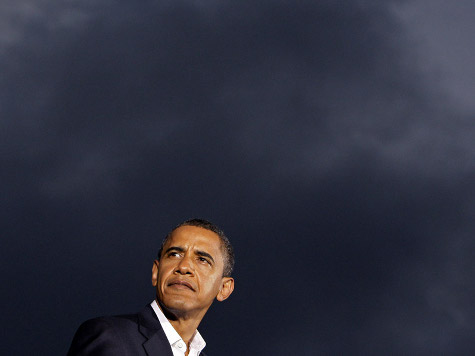Besides this over-turning from without, governments are dissolved from within…
First, When the legislative is altered….That when such a single person, or prince, sets up his own arbitrary will in place of the laws, which are the will of the society, declared by the legislative, then the legislative is changed: for that being in effect the legislative, whose rules and laws are put in execution, and required to be obeyed; when other laws are set up, and other rules pretended, and inforced, than what the legislative, constituted by the society, have enacted, it is plain that the legislative is changed. Whoever introduces new laws, not being thereunto authorized by the fundamental appointment of the society, or subverts the old, disowns and overturns the power by which they were made, and so sets up a new legislative….
There is one way more whereby such a government may be dissolved, and that is: When he who has the supreme executive power neglects and abandons that charge, so that the laws already made can no longer be put in execution; this is demonstratively to reduce all to anarchy, and so effectively to dissolve the government. For laws not being made for themselves, but to be, by their execution, the bonds of the society to keep every part of the body politic in its due place and function. When that totally ceases, the government visibly ceases, and the people become a confused multitude without order or connection. Where there is no longer the administration of justice for the securing of men′s rights, nor any remaining power within the community to direct the force, or provide for the necessities of the public, there certainly is no government left. Where the laws cannot be executed it is all one as if there were no laws, and a government without laws is, I suppose, a mystery in politics inconceivable to human capacity, and inconsistent with human society.
In these and the like cases, when the government is dissolved, the people are at liberty to provide for themselves, by erecting a new legislative, differing from the other, by the change of persons, or form, or both, as they shall find it most for their safety and good: for the society can never, by the fault of another, lose the native and original right it has to preserve itself, which can only be done by a settled legislative, and a fair and impartial execution of the laws made by it. But the state of mankind is not so miserable that they are not capable of using this remedy, till it be too late to look for any. To tell people they may provide for themselves, by erecting a new legislative, when by oppression, artifice, or being delivered over to a foreign power, their old one is gone, is only to tell them, they may expect relief when it is too late, and the evil is past cure. This is in effect no more than to bid them first be slaves, and then to take care of their liberty; and when their chains are on, tell them, they may act like freemen. This, if barely so, is rather mockery than relief; and men can never be secure from tyranny, if there be no means to escape it till they are perfectly under it: and therefore it is, that they have not only a right to get out of it, but to prevent it…
There is therefore, secondly, another way whereby governments are dissolved, and that is, when the legislative, or the prince, either of them, act contrary to their trust. First, The legislative acts against the trust reposed in them, when they endeavour to invade the property of the subject, and to make themselves, or any part of the community, masters, or arbitrary disposers of the lives, liberties, or fortunes of the people….
If a controversy arise betwixt a prince and some of the people, in a matter where the law is silent, or doubtful, and the thing be of great consequence, I should think the proper umpire, in such a case, should be the body of the people: for in cases where the prince hath a trust reposed in him, and is dispensed from the common ordinary rules of the law; there, if any men find themselves aggrieved, and think the prince acts contrary to, or beyond that trust, who so proper to judge as the body of the people, (who, at first, lodged that trust in him) how far they meant it should extend? But if the prince, or whoever they be in the administration, decline that way of determination, the appeal then lies no where but to heaven; force between either persons, who have no known superior on earth, or which permits no appeal to a judge on earth, being properly a state of war, wherein the appeal lies only to heaven; and in that state the injured party must judge for himself, when he will think fit to make use of that appeal, and put himself upon it.
From the Second Treatise on Government, Chapter 19

COMMENTS
Please let us know if you're having issues with commenting.